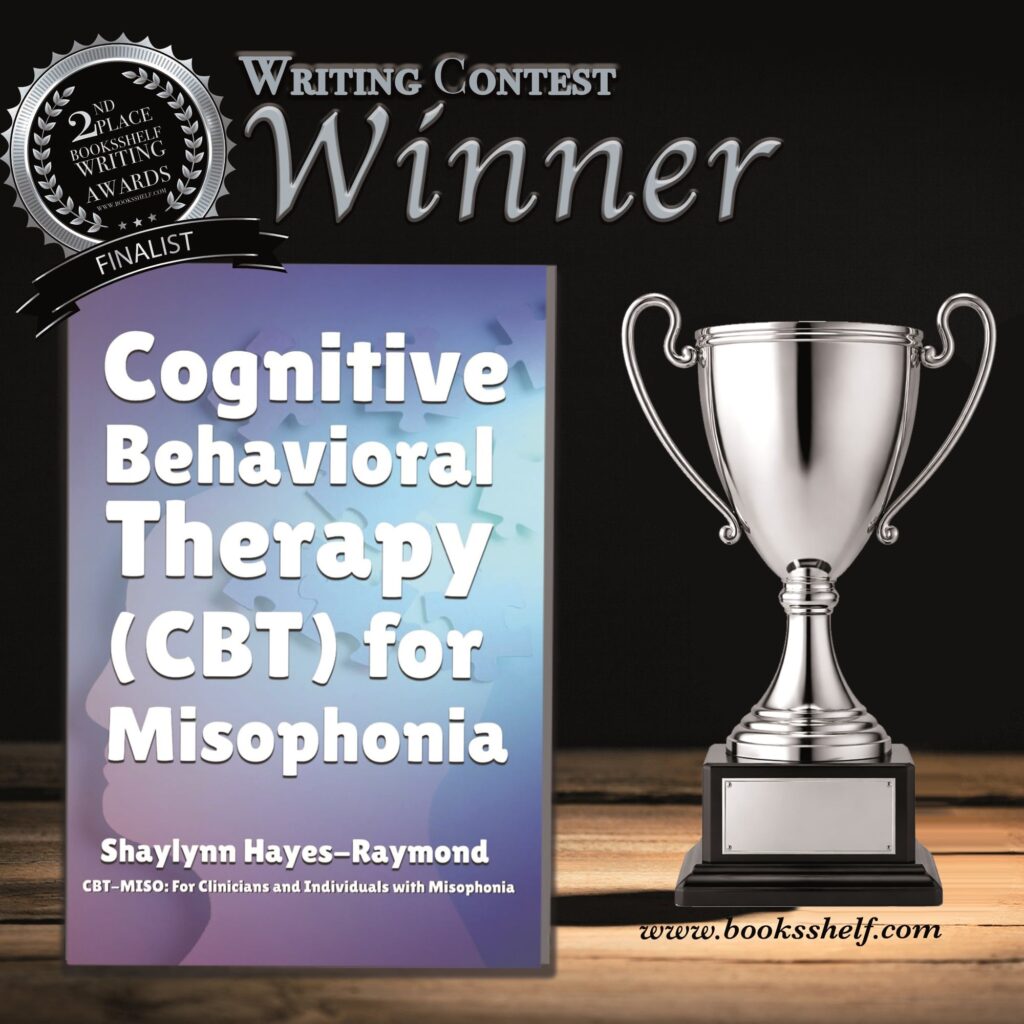
As a psychologist or psychiatrist, you are likely to be searching for ways to help your patients, and treat misophonia. Most-often, doctors and LPCs faced with misophonic patients have never heard of the disorder before now. This can lead to assumptions and inappropriate ‘treatment’ regimes. I commend you for seeking answers for your patients!
I would like to personally commend you for seeking answers to help your patient. It can be frustrating to deal with an illness when you’re unsure what the disorder is, and even more-so when you’re faced with limited options that define misophonia. While there is no cure for misophonia, you can of course try coping methods with your patients. You may want to consult with a multidisciplinary team, such as a
What is Misophonia?
Misophonia is most-likely a neurological disorder in which patients suffer a severe aversive reaction to otherwise normal audial (and visual) stimuli. For an overview of misophonia, and a guide for doctors, please go here. This guide is free, and I recommend you read it before you proceed to reading the rest of this article. It is a PDF download.
How do I treat Misophonia?
First and foremost, there is no way to treat misophonia. There are no drugs, magic-pills, or magical treatments that can wave the disorder away. Similarly to Sensory Processing Disorder, the amygdala likely plays a role in causing your patient to suffer a fight/flight/freeze response. Using CBT or other exposure therapy will only make the problem worse, as your patient is not habituating to the stimuli, and will simply remember your sessions (and the event) with increased pain, and possibly resentment. You can find information about treatments here. As well, your patients may benefit from the following coping tips, and the Sensory Diet by Susan Nesbit. Since a sensory diet is often personalized, you should consider finding an Occupational Therapist that understands Sensory Processing Disorder in your area, as they are most likely to understand sensory diets.
Where Can I find Research?
Misophonia International partners with the International Misophonia Research Network (IMRN) to ensure that our research news and updates are up to date. We also provide articles and updates on studies, including interviews with the researchers themselves. You can find research articles here. The IMRN Advisory Board features several prominent researchers, clinicians, and consultants for misophonia and are participating in active misophonia research studies, including these studies.
Take the Course
This course is for clinicians and misophonia treatment providers. It provides an overview of misophonia, and the basics of misophonia research and coping skills with the most current and to date research available. The format is in video recordings and text. You can work at your own pace with no deadlines. If you have watched some of the presentations in the past, feel free to only watch those you have not yet seen.
Participants of this course are eligible to be listed on the Misophonia Provider Network as a treatment provider.
Please note that passing the final exam (80% is a pass) is a requirement of this course. It is recommended you view as many presentations as possible to get a wide overview of misophonia. Some presentations might have repetitive sections, however, anything that is repeated is generally very important!
You can come back and review these materials at any time even after completion of the course. Please note, at this time we do not offer CEUs as Misophonia is a newly recognized condition.
Course Structure
Become a Provider
Since misophonia is relatively unknown, other patients in your area may greatly benefit from your willingness to help them with misophonia. Taking a quick peak of the misophonia provider network might reveal that there is currently no provider in your area. If you’re interested in becoming a provider, please fill out an application. Dr. Jennifer Jo Brout will get back to you, and follow-up if any other requirements are necessary.








